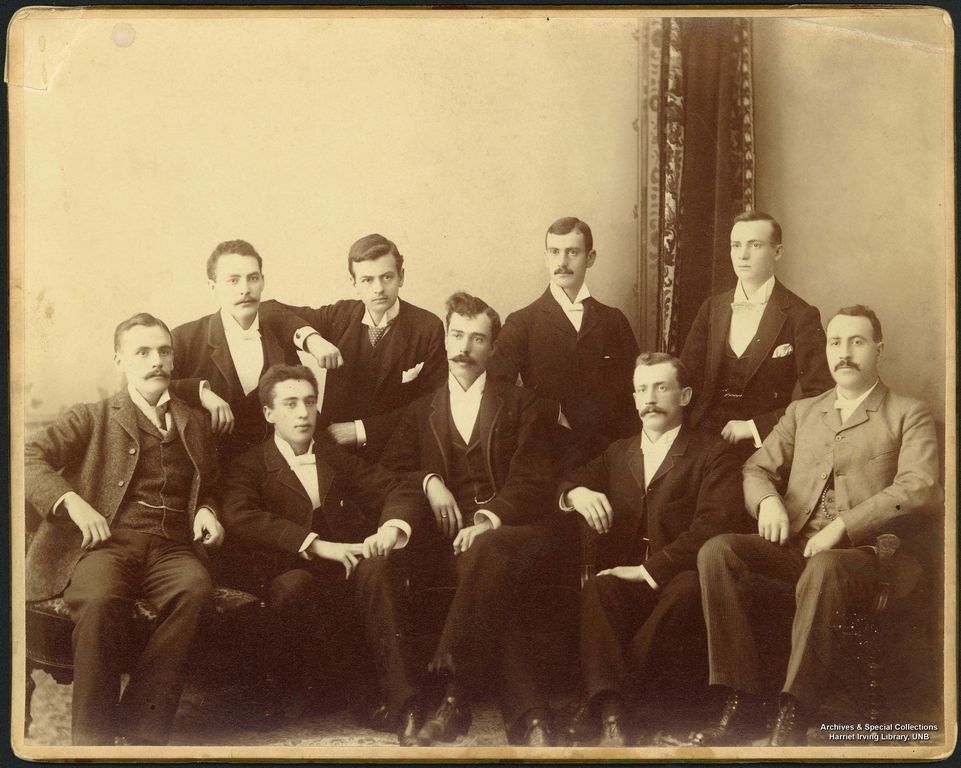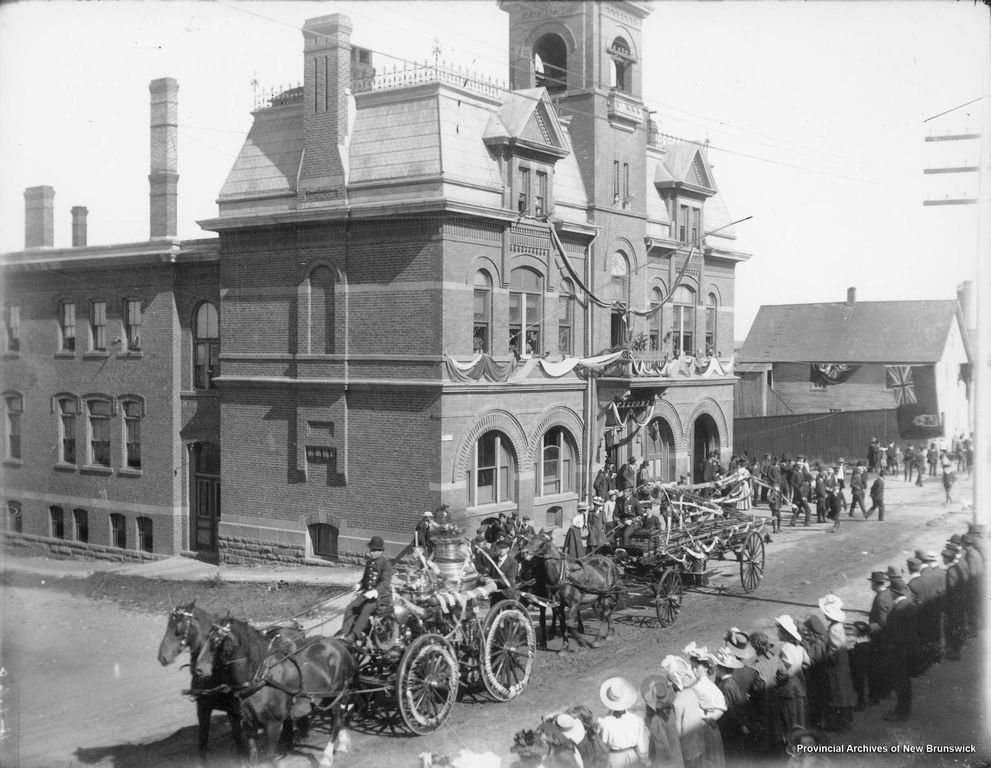R.B.'s law career began in January of 1890 when he started working at the law offices of Lemuel John Tweedie in Chatham, New Brunswick. During the week R.B. was still working as the Principal in Douglastown but on Saturdays he took the ferry across the Miramichi River to work with Tweedie. He also borrowed many books from friends about law to read at home during the evenings.
In July of 1890, after the teaching term ended, R.B. started working full time for Tweedie. At the time it was not a requirement for lawyers to graduate from a law school in order to practice law. Most apprenticed under a practised lawyer until they had gained enough knowledge and experience to pass the bar exam. R.B., however, chose the path less traveled. On September 5th, 1890, R.B. had saved up enough money and ventured to Halifax, Nova Scotia to attend Dalhousie Law School at Dalhousie University. He returned to Chatham in the summer to work for Tweedie to earn enough money to return to Law School in the fall.
Northumberland County Court House built in 1829. This was the Court House where R.B. Bennett would have argued cases as a lawyer in Chatham, New Brunswick.
R.B. received his law degree from the Dalhousie Law School in April of 1893. He returned again to Chatham to work fulltime with Lemuel Tweedie. On October 12, 1893, R.B. was admitted to the Bar in New Brunswick as an Attorney-at-law, and on November 8th of 1894 he became a Barrister-at-law. Shortly after that he and Tweedie formed a partnership and created the law firm of Tweedie and Bennett. This step not only brought R.B. a larger salary but also the prestige of being a partner in the law firm of the Surveyor-General of the Province.
In 1896 the town of Chatham was incorporated and set out to hold its first municipal elections. Max Aitken, now 17 years old and articling as a student at the Tweedie and Bennett law office, convinced R.B. to throw his hat into the ring to become an alderman. James H. Gray sums up what transpired next quite nicely in his book "R.B. Bennett : the Calgary years".
"It was no problem for Aitken to persuade Bennett to become a candidate for the first Chatham town council. He then stage-managed his election. First Aitken drew up an election platform of promises calculated by the editor of the local newspaper to appeal to Chatham electors. Then he persuaded the newspaper to print up bundles of election pamphlets, which Aitken delivered up and down the streets of Chatham, stopping whenever the opportunity arose to add reinforcement to the pamphlet's message. Aitken's work paid off, and Bennett was elected to council by the margin of a single vote.
On election night, Bennett was fulsome in his praise of Aitken for winning the election for him. Sometime later in the evening he came across and read for the first time a copy of Aitken's election platform. The next morning he stormed into the Tweedie and Bennett office in a towering rage at Aitken for committing him to a number of promises that would be impossible to keep or to which he was resolutely opposed."
R.B.'s anger quickly subsided. He had other things to think about. Unbeknownst to Aitken or Tweedie, R.B. had begun negotiations with Senator James Alexander Lougheed to join his law firm in the developing city of Calgary, Northwest Territories.






